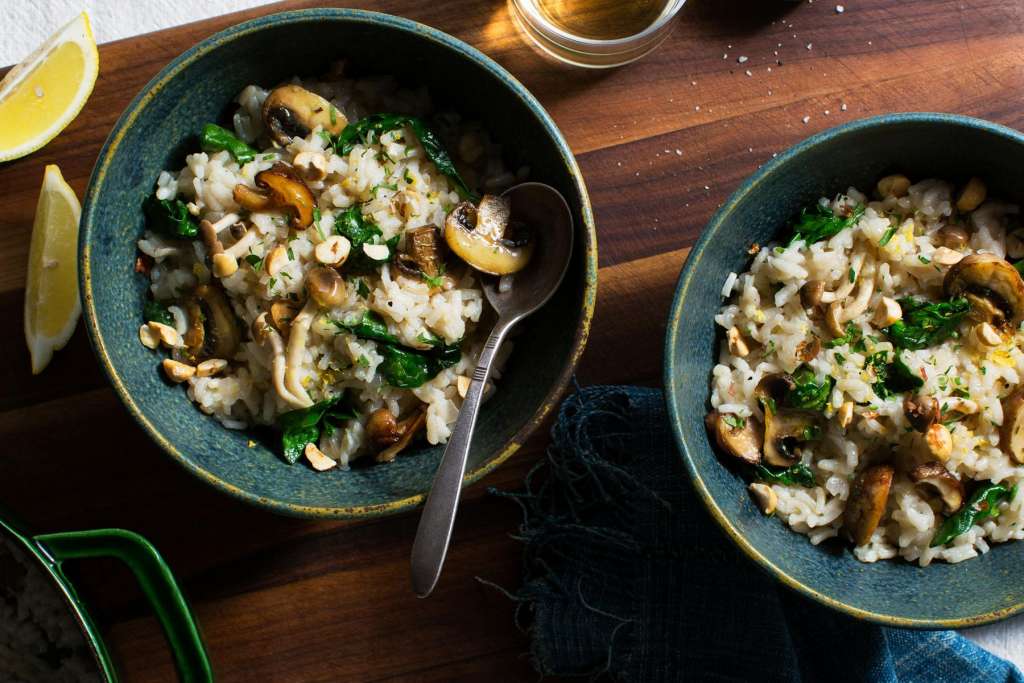The Keys to Mindful Aging

In 2013, Paula was diagnosed with Alzheimer’s disease. Instead of retreating, she took it upon herself to overhaul her lifestyle in hopes of slowing the progress of the disease. She says she feels better than she has in years. Excerpted from Unforgettable, her new biography, what follows are some strategies she finds helpful. We think they could help anyone of any age looking to increase their brain power and to stave off some of the less desirable aspects of growing old.
Eat well
Many studies have shown that the Mediterranean diet is good for the mind as well as the heart, for those with and without dementia. A 2015 study in Alzheimer & Dementia; the Journal of the Alzheimer’s Association showed that even modest steps toward a whole foods regimen, such as eating one serving of seafood a week, two servings of berries a week, or two servings of vegetables a day, significantly lowered the risk of developing Alzheimer’s. At the time of this writing Paula’s diet includes:
1 serving (about 1 cup/145 g) berries every day.
At least 1 serving (1 cup/30 to 60 g) cooked or raw dark green leafy vegetables every day.
1 handful walnuts and 1 spoonful each chia, sunflower, and hemp seeds every day.
1 avocado everyday
5 to 6 ounces (150 to 180 g) wild-caught salmon or canned sardines two times a week.
5 to 6 ounces (150 to 180 g) grass-fed beef or pastured poultry two or three times a week.
Paula’s diet does not include simple carbohydrates or sugars. A Harvard study published in the August 2013 New England Journal of Medicine showed that even incremental increases in blood sugar levels are linked with an increased risk of dementia. Paula has taken this to an extreme, eliminating virtually all sugars and carbohydrates, what is known as a ketogenic diet. She believes this choice has made her more alert throughout the day. Her neurologist only advised she cut out added sugars.
Keep moving
Physically active people are less likely to experience cognitive decline and there is now research that suggests that exercise may reverse decline in certain cognitive processes. Every morning, Paula jogs a twenty minute mile on a treadmill. She practices qigong four times a week and gentle yoga three times a week. Exercise has widened her social circle and has improved her self image as well as her ability to roll with the punches.
Be in the present
A small but exciting Harvard study from 2011 showed that people who meditated about 30 minutes a day for eight weeks experienced slight growth in their hippocampus, the brain’s file center, which organizes new information. Paula meditates fifteen to thirty minutes a day, sometimes twice a day, using guided meditations from online sources such as Tara Brach. She has found that it improves her mood and emotional equilibrium.
Spend time with friends
Studies have established that socially and mentally active and engaged seniors have better cognitive function and a lower incidence of dementia. Paula has always enjoyed the company of others, and she picks a few days each week to spend with friends. Once a month she volunteers at her local senior center to lead a Memory Cafe, a gathering to learn about dementia.
Reject shame
Dementia has a punishing stigma that understandably inspires many sufferers to hide their condition. Paula is exceptionally public about her illness and draws tremendous strength from the support of friends, colleagues, and fans.









